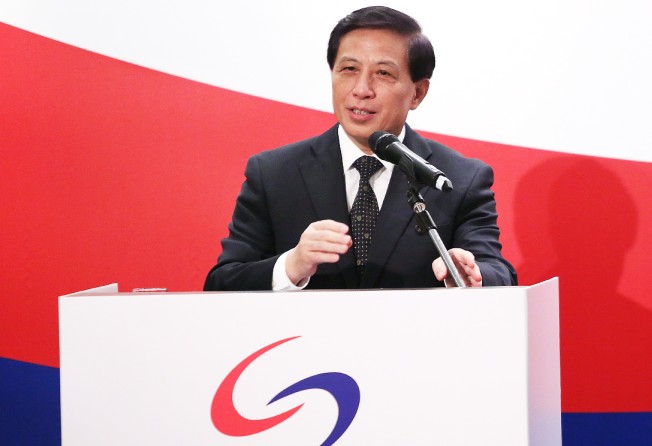Economic links could help build China-US trust
Forum hears suggestion on coordinating monetary policy as a way to build trust

China and the US should start work on a global governance framework that helps coordinate key decision making such as monetary policy as part of the next stage in relationship building between the world's two largest economies.
That was one suggestion put forward by prominent economists at yesterday's China-US Exchange Foundation, where Deputy Foreign Minister Zhang Yesui also called for mutual respect when resolving issues between the two powers.
"There have been long-running structural problems and new issues that arise along the way. The lack of mutual trust is a very realistic problem," Zhang said in a speech during the foundation's first formal annual conference.
He said that President Xi Jinping and US President Barack Obama had spent a total of 10 hours exchanging views at the recent Apec summit in Beijing, an indicator of how highly both value the relationship.
Zhang added it was important that the powers adopt the "new type of major power relations", a concept first raised by Xi in 2013 during a summit with Obama.
The US leader has been reluctant to embrace the idea because of its ambiguity.
"China proposed this concept because we want to avoid the so-called Thucydidean trap, which will see a rising power clash with an existing power. It's not because we wanted to create a G2 like some people have suggested," Zhang, a former ambassador to the US, said.
Other suggestions raised at the seminar included a renewed focus on bilateral cybersecurity and intellectual property protection.
In previous years, the foundation, founded by former Hong Kong chief executive Tung Chee-hwa, has lobbied for looser visa rules and a more serious approach to tackling climate change.
Economics Nobel laureate Michael Spence said: "The global economy is turning into a relatively dangerous place. It has an elaborate evolving network structure where the depths of interconnectedness between us are increasingly powerful on the trade side, on the information flow side, on the financial side, but it is not coordinated and it is not regulated."
America was mistaken in trying to block reform of the International Monetary Fund where China and other fast-developing economies had lobbied for more board votes, said Spence, and it should support rather than hinder the creation of Chinese-dominated funding bodies like the proposed BRICS Bank and Asian Infrastructure Investment Bank.
Additional reporting by Kristine Kwok